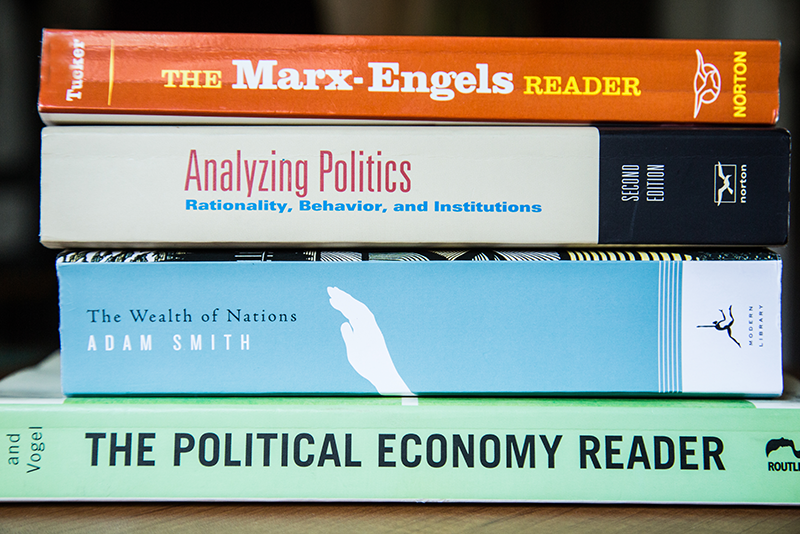Academics
The Institute supports academic programs in the fields of political economy, ethics, and public policy. Since 1984, it has sponsored a highly acclaimed undergraduate program in political economy which brings together economists, historians, philosophers, and political scientists committed to moving beyond traditional boundaries of their disciplines in a common search for new insights and new ways of studying the interconnections of politics and economics. Currently, about 150 Tulane students annually enroll in the undergraduate political economy program, making it one of the most popular interdisciplinary majors at the university.

BA in Political Economy
This major promotes reflection on the connections between political and economic activities and institutions. Our approach develops complementary strengths in multiple areas.

MA in Political Economy
This program provides a multidisciplinary education around political economy themes and the data analytics tools and approaches necessary to apply that knowledge in academic work, government, and industry.
